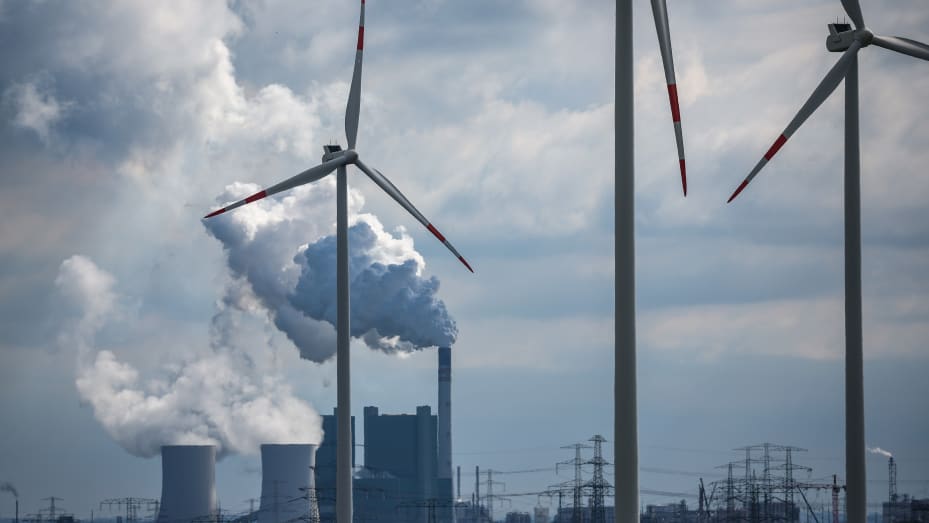As the COP28 climate summit progresses into its final phase, the International Energy Agency (IEA) has issued a warning that the recent pledges made by countries and companies may not be sufficient to meet the goal of limiting global warming to 1.5 degrees Celsius. Despite new commitments from over 130 countries and 50 oil and gas companies, the IEA underscores the urgent need for more ambitious actions to bridge the emissions gap.
Pledges and Initiatives at COP28:
A total of 130 countries have committed to tripling renewable energy efforts and doubling the rate of energy efficiency improvements. Additionally, 50 oil and gas companies have pledged to reduce methane emissions and eliminate routine flaring by 2030 through the Oil and Gas Decarbonisation Charter. While these initiatives represent positive steps, the IEA expresses concern that they alone may not be enough to achieve the objectives outlined in the 2015 Paris Agreement.
Impact on Emissions and 1.5°C Target:
The IEA’s analysis indicates that if all commitments are honored, global energy-related greenhouse gas emissions could be reduced by 4 billion metric tonnes of carbon dioxide equivalent by 2030. While this is a substantial reduction, it represents only a third of the emissions gap that must be closed in the next six years to limit warming to 1.5°C above pre-industrial levels.
Insufficient Progress, Ongoing Monitoring:
The IEA emphasizes that the current pledges, while commendable, are insufficient to align with international climate targets. The organization commits to monitoring ongoing developments at COP28 and updating its assessment as needed. The urgency to address climate change requires more robust and immediate actions to meet the set goals.
Challenges and Pressure on Fossil Fuels:
COP28 President Sultan Ahmed al-Jaber is increasing pressure on countries to resolve differences over a deal on fossil fuels, including coal. The IEA has previously outlined five key areas crucial for success at COP28, including increased renewables, enhanced energy efficiency, methane reduction, large-scale financing for clean energy in poorer nations, and a commitment to phase out fossil fuels.
Obstacles to Agreement:
Reports suggest that Saudi Arabia, a significant oil producer, and India, heavily reliant on coal, pose challenges to reaching an agreement on phasing out fossil fuels at COP28. Overcoming these obstacles is critical for advancing the global commitment to combat climate change.
While COP28 has witnessed positive commitments, the IEA’s warning highlights the persistent gap in efforts to limit global warming to 1.5°C. The urgency of the situation necessitates stronger, collective actions to address climate challenges. The ongoing negotiations and the final outcomes of COP28 will shape the trajectory of global efforts in the fight against climate change, emphasizing the need for immediate and impactful measures to secure a sustainable future.
















